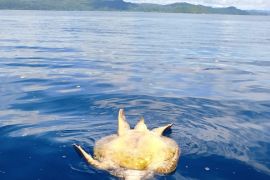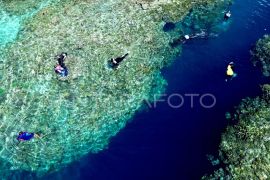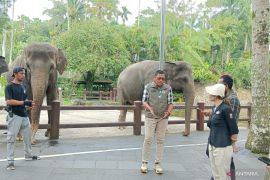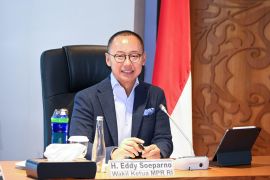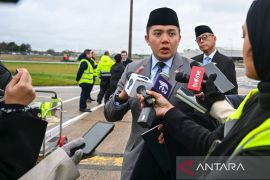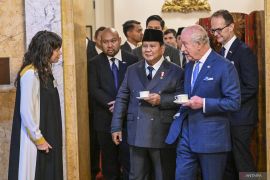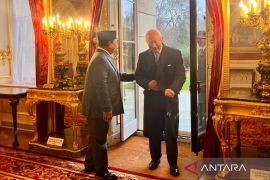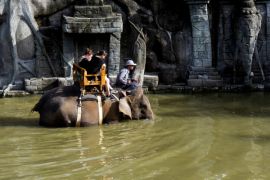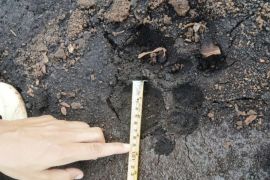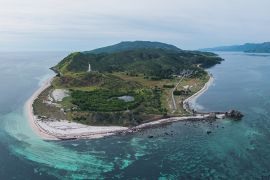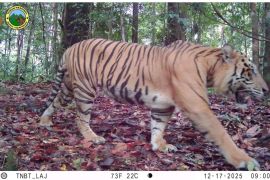"Unfortunately, scientific studies or data regarding the spread, number of population, bioecological aspect, threats, as well as socio-economic (aspects) of sea turtle survival remain very limited," he said in his official statement here on Sunday.
To this end, the ministry encourages various stakeholders to strengthen the sea turtle conservation through the empowerment of regulation, population monitoring, sea turtle nest conservation, and transnational management efforts that are jointly made by countries in the region and beyond.
At the "2023 Indonesia Sea Turtle Symposium and the Greater Coral Triangle Region", he noted that the population monitoring and sea turtle nest conservation efforts continue to be carried out at several priority conservation locations to preserve the sea turtle population in nature.
Meanwhile, Chief Operating Officer of the World Wide Fund for Nature (WWF) Indonesia Foundation Lukas Adhyakso stated that his party has a long-term commitment to sea turtle conservation in Indonesia.
He also noted that efforts to maintain species survival need the cooperation of various parties.
"Zero species extinction is one of WWF's goals. Interventions to reduce threats that include minimizing incidental capture, ending the trafficking of protected species, and increasing the survival rate of species need all partners' collaboration," he remarked.
He further said that Indonesia, as part of the coral triangle area, is home to key species such as stingrays, sea turtles, and many other marine mammals.
To this end, the management of critical habitats needs to be carried out through concrete steps to support the conservation and rescue of the sea turtle population in Indonesia, he added.
Related news: ATSEA-2 Project: Indonesia endorses MPA supporting sea sustainability
Related news: Indonesia releases more sea turtle hatchlings into sea
Translator: Sinta Ambarwati, Raka Adji
Editor: Rahmad Nasution
Copyright © ANTARA 2023

